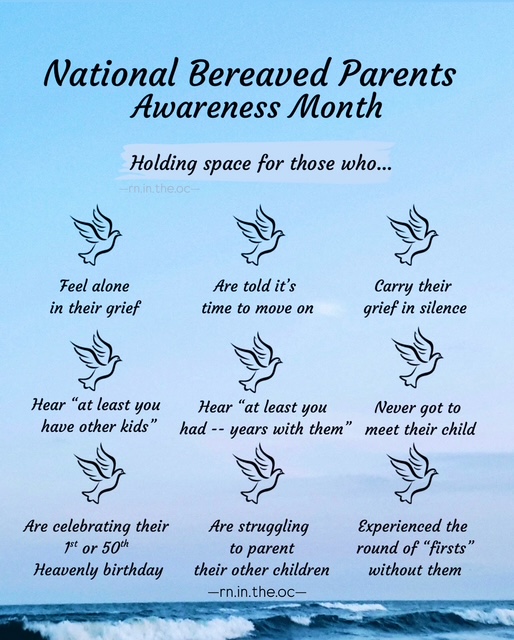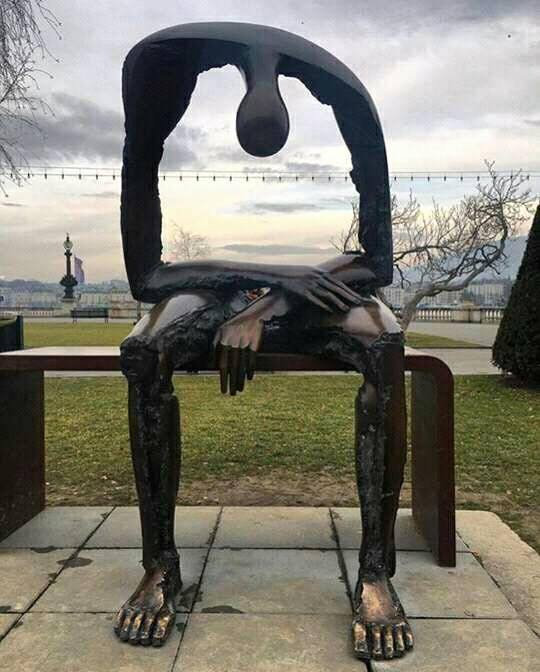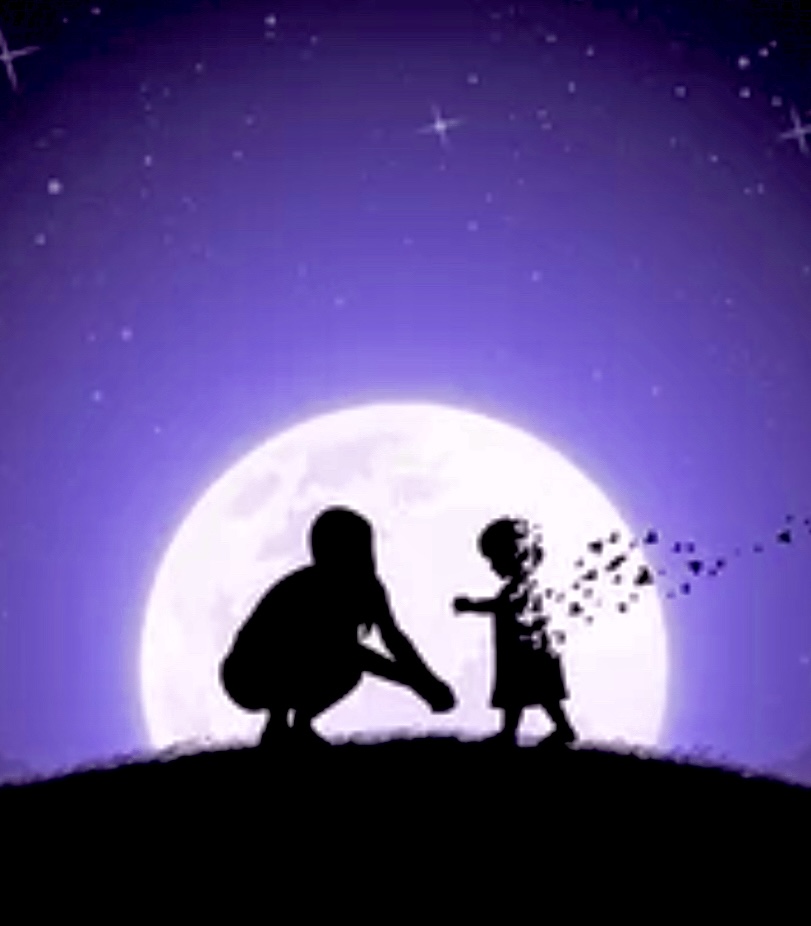Written By: Marie Brandon, BSN, RN, Certified Grief Educator
Hello again to our loyal readers—and if you’re new here, welcome.
The Journey is a space dedicated to exploring the many origins of grief and the layers of life that unfold after loss. This month, we turn our attention to July: National Bereaved Parents Month. A month that holds personal deep meaning for me and many in our Gloves for Grief family.
The death of a child is one of life’s most unimaginable losses. To lose a part of your heart that as a parent you swore to protect. To outlive your child and somehow find the will to continue on. This month, we honor these bereaved parents and aim to shed light on the reality of their grief.
Gone Too Soon
One of the first unexpected feelings I had as a parent was how deeply I could love these tiny humans I had just met, so much that I would give my life for each of them. After the death of my son Jacob, not a day goes by that I don’t wish that had been possible.
April 30, 2023, the date that splits my life into the before and the after. We had just gotten Jacob back seven months earlier after his four years of service in the Marines. Four years we now wish we had with him. Thinking, “Did we make the most out of the time we did have?”. Wishing we had all those fleeting moments back that seemed insignificant. Wanting more time to make plans and happy memories. Time that we were all robbed of. At 22 years old, he had so much life left to live, so many memories to be made, and unlimited lives to touch.
The Early Days After Loss
The early days of child loss are a blur. Time loses meaning. The basic tasks feel unbearable. You forget to eat, to shower. You go through the motions while the world keeps turning, as if nothing has changed, when your world has burned to the ground. The silence where your child’s voice once was is deafening. The weight of what will never be, the birthdays missed, milestones never reached, settles in like a heavy fog. In those early days, there is no roadmap. No right way to grieve. Only survival. Moment by moment. Breath by breath.
The Unsolicited Opinions
As a child I learned if you don’t have anything nice to say, don’t say anything at all. The grief-illiterate world we live in needs that reminder. Many bereaved parents encounter well-meaning but painful statements. These unsolicited comments about child loss can minimize grief and increase isolation:
- “At least you have other children.”
While other children may bring comfort, each child is unique and irreplaceable. The loss of one does not diminish because of the presence of others. - “Time heals all wounds.”
Time may soften the edges of grief, but the pain of child loss is never gone. - “You need to move on.”
Bereaved parents don’t move on; they learn to carry their grief and continue living, forever changed. - “At least you had the time you did with them.”
For a parent, there will never be enough time with a child that should have outlived them. - “You should be over it by now.”
Grief does not follow a timeline, no matter how much time has passed. - “Everything happens for a reason.”
Statements like these can feel dismissive and deeply hurtful. - “They are in a better place.”
There is no better place for a child than with a parent that loves and takes care of them. Even for the ill child who is no longer suffering, this statement invalidates the parent’s grief.

The Unique Grief of Child Loss
Every person grieves differently, and family dynamics play an important role in how a parent expresses and processes their grief.
Parents with surviving children may feel torn between honoring their grief and being strong for their surviving children. Guilt, confusion, and the challenge of helping siblings grieve can complicate healing. For me, when my son died, my two daughters were, and continue to be, my saving grace. There were moments I’m sure I failed them while consumed in my own grief, but they were also my motivation to face another day.
Parents who lose their only child may face a unique kind of loneliness. While they will always be parents, some question their role or identity without their child physically present.
Every loss brings a unique grief because no two relationships are the same and everyone grieves differently. The death of a child adds a whole other layer of grief, the secondary grief of unfulfilled dreams and milestones. For me, it’s not seeing my son graduate college, or get married, or have children of his own. Bereaved parents don’t only lose their child. They lose who they were before the loss. They lose the future they envisioned for their child and for themselves.

What Are We?
When someone loses their parents, they’re an orphan. Loss of a spouse, they’re a widow. What are we? For parents who have lost a child, there is a lesser-known term, Vilomah. Derived from Sanskrit, it means against the natural order. Just as we have words like widow or orphan, Vilomah acknowledges the unnatural heartbreak of outliving your child. Naming this grief gives voice to what too often goes unnamed.
What You Can Do for a Bereaved Parent
- 🗣️ Say their child’s name.
- 📅 Remember their child’s birthday and anniversary.
- ✉️ Send a text or a card that you are thinking of them.
- 💭 Ask them to share a memory or story about their child.
- 💐 Continue to acknowledge them on Mother’s Day and Father’s Day.
Resources for Bereaved Parents
You are not alone. Support is available:
- Compassionate Friends – Grief support for families after a child dies
- G4G Online Support Group – Weekly online meetings led by me or another Certified Grief Educator.
- Gloves for Grief Upcoming Wellness Events – Box & Breathe Events and Support Group Meetings
- Grief Share – Faith-based grief program
- MISS Foundation – Support for child loss and trauma
This July we are taking a moment to remember the children gone too soon and the parents they left behind. We would be honored for you to share your child’s name with us and any memories you would like ❤️.
“In remembering, we help carry the weight of what should have never been lost.“
- xo, Marie
July 2, 2025
Leave a Reply
We organize fitness and wellness-inspired events to build a strong community and offer an outlet for physical release.
We are creating a network of mental health professionals and need-based financial assistance to support grieving families beyond our events.
We offer opportunities for post-event connection through referrals to local faith-based support groups, which is what brought our co-founders together.

Post Comments
Thank you for writing this article.
My son Tyler was a marine too.
Sadly he is one of 22 service members and women who take their life daily.
The end of March was his 3rd year of missing him. The actual day I can’t bring myself to remember.
I’m sorry for your loss as well.